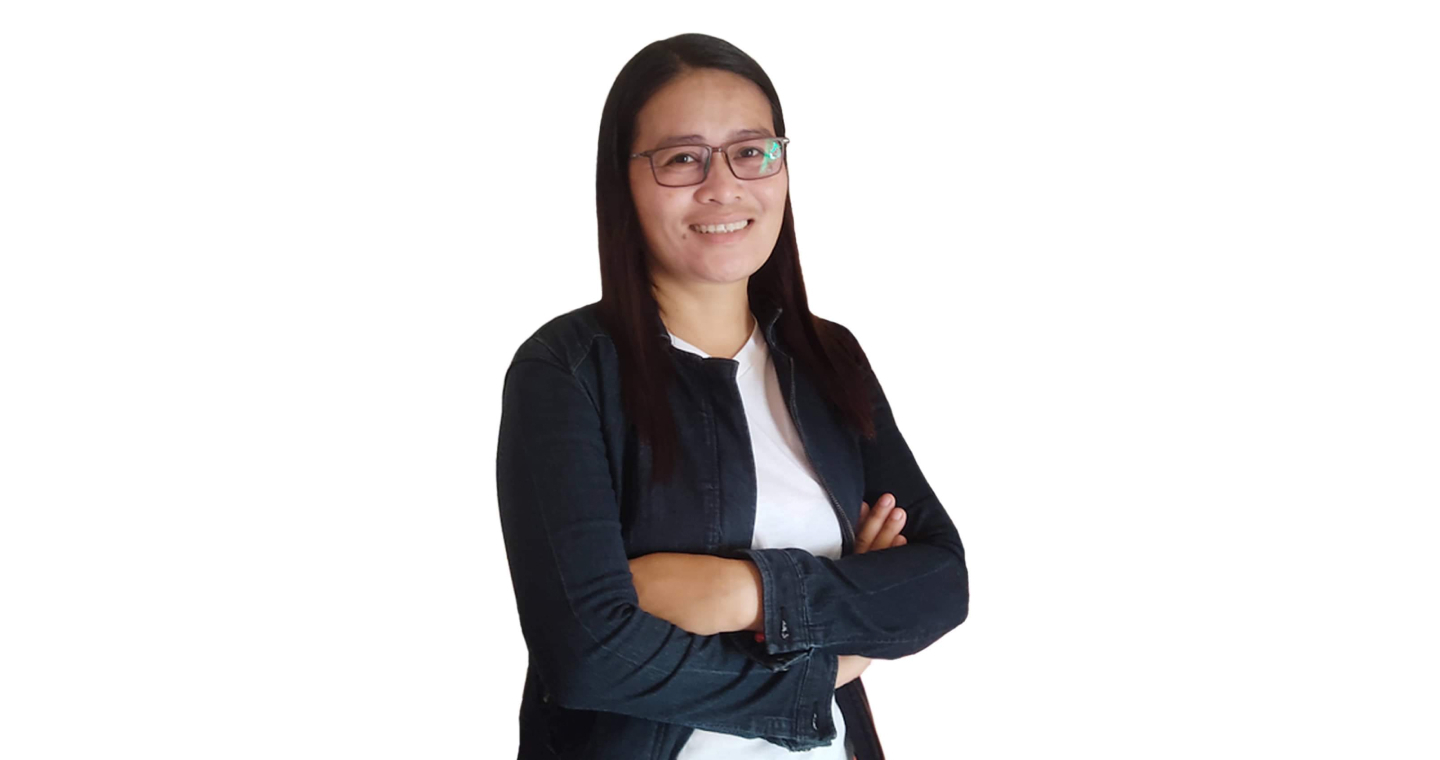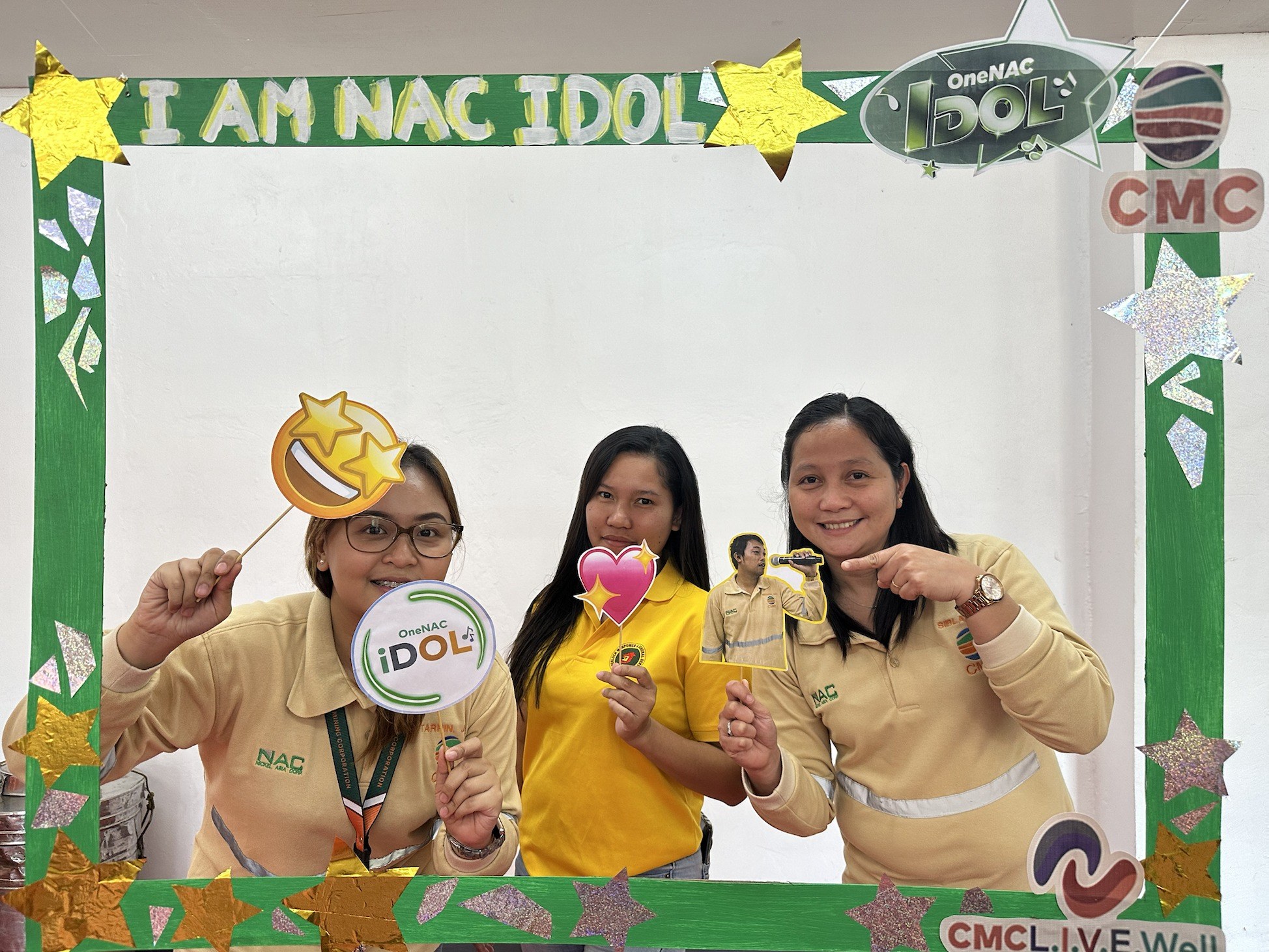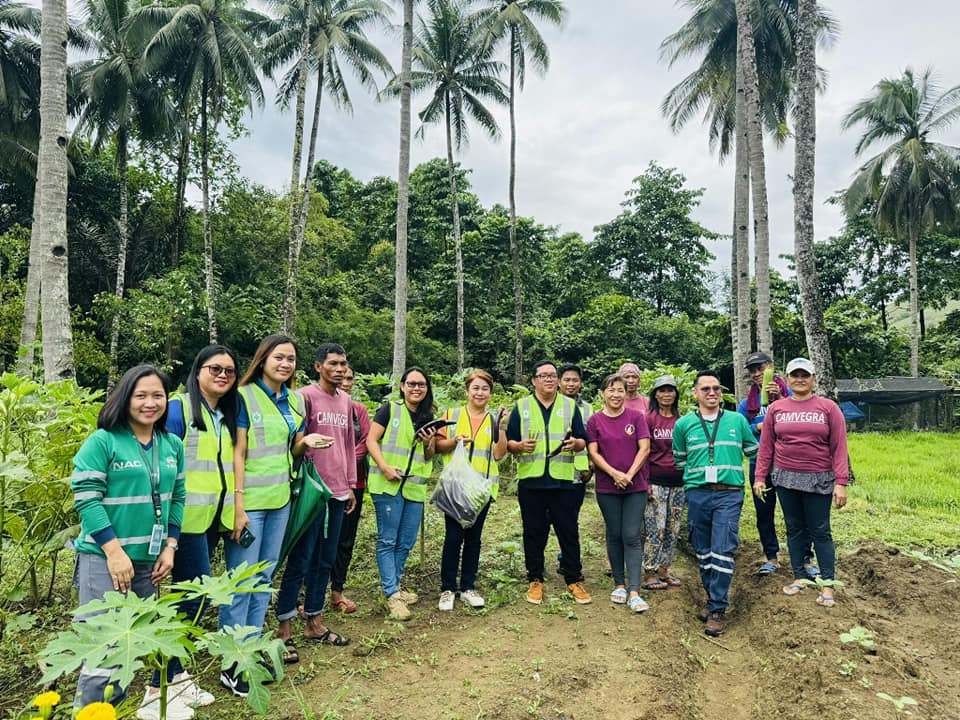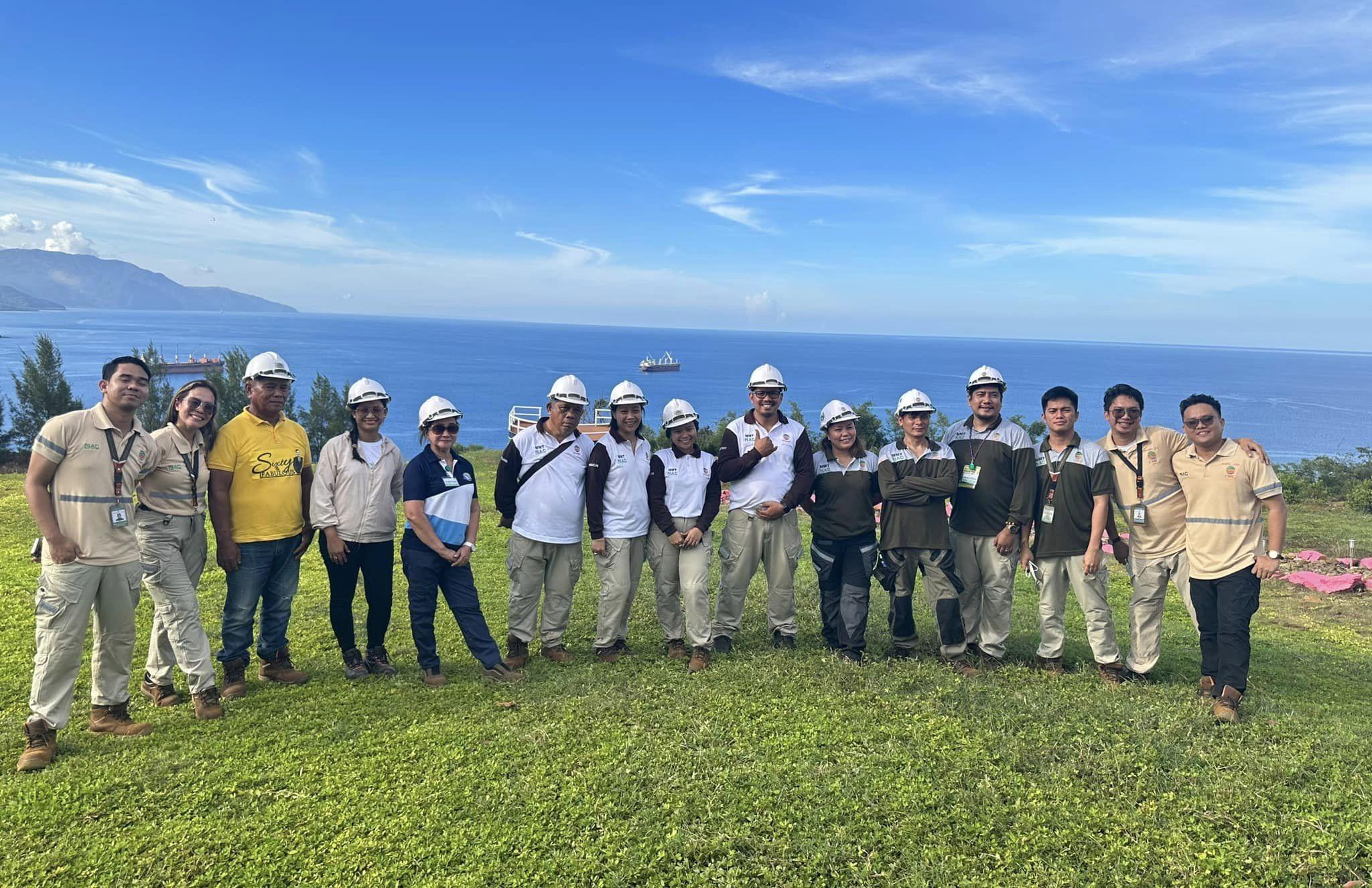In celebration of National Women’s Month, we interviewed a lady Punong Barangay to know how she was able to handle the situation during a disaster such as the recent onslaught of Typhoon Odette.

In celebration of National Women’s Month, we interviewed a lady Punong Barangay to know how she was able to handle the situation during a disaster such as the recent onslaught of Typhoon Odette.
Q: How did you prepare for Typhoon Odette?
A: We imposed pre-emptive evacuation of all residents, especially those along the coastal areas and riverbanks. At first, some of the residents hesitated to evacuate due to complacent behavior, maybe, and some are reluctant enough to leave their homes and their animals. But, with our strong implementation of pre-emptive evacuation among all residents, we have minimized the number of casualties during the onslaught of the typhoon, despite the destructive force of the storm surge all over the barrio.
Q: During Typhoon Odette, what were your greatest challenges or most difficult problems?
A: Upon knowing that all the houses in the barrio have been washed-out by the storm surge, and the residents were left homeless and miserable, it feels so depressing as the Punong Barangay to see your people cry for help due to the loss of their loved ones, after knowing that there were three persons died and two were missing, and many were badly injured.
The greatest challenge we faced that time was channeling our call for help, since we lost the phone signal. We can’t travel by sea because no pump boat was saved.
We can’t travel by land because the fallen trees and debris of collapsed houses were blocking the roads. We don’t know, actually, where to ask help. And we need to urgently transport the patients to any healthcare institutions to give them immediate medical care.
Luckily, a day after the typhoon, the rescue team from Cagdianao Mining Corporation (CMC) arrived with their medical team who initially took care of the injured patients, and they brought us food for the residents to have something to eat. That’s the very first rescue team who helped us and we felt so lucky to have them as our community partner.
Two days after the typhoon, a very close friend from San Jose went to Governor Kaka after knowing that Barangay Boa is in huge destruction and badly needs help.
Right away, the Governor sent a medical team, with doctors and nurses, who took care of the injured patients who still can’t go to hospital because of transportation problems.
Days after, the team from the provincial government sent us relief items like food, water, medicines, trapal, and the like, for the use of our homeless residents. We were the first Barangay, I guess, who received relief items from the provincial government after the typhoon. Having ‘connections’ and friends in the ‘outside world’ is of great help, indeed.
Q: Can you describe the devastation brought by Typhoon Odette to your barangay?
A: Around 10pm on December 16, after Typhoon Odette struck our barangay, the seawater level has dropped and the typhoon has gone low, we walked down from the area where we evacuated to see our houses in the barrio.
Standing at the concrete footbridge, we saw from there that all of the houses were washed out and all other houses, except my and my sister’s house, were left standing.
The Elementary school, the ALS facility and the chapel were gone. The Birthing Facility, the Day Care Center and the Barangay Gym were completely damaged. The debris of houses, the trees, the motor vehicles, the big rocks and sand from the shore, the wrecked appliances, torn clothes and ripped under wears and the dead animals scattered everywhere.
The roads were blocked, the seas and rivers were polluted with floating things, the mountains were wiped-out, and the whole barrio seemed like a wide, stony and dirty seashore. Everyone cried for hunger, cold, and nothingness. Some cried for the loss of their properties and loved-ones. A number of injured individuals sought medical help. Everyone felt hopeless and miserable.
Q: As a woman leader, how did you rally your people to respond to the devastation?
A: As we always do in the barangay, even without disasters, we always encourage unity and cooperation among our people. We always work as one in order to achieve our goal. And most of all, we never leave each other in times of crisis.
Q: What was the biggest lesson that you learned from the typhoon experience?
A: After experiencing the most hideous disaster in my whole life, the biggest lesson that I learned is to appreciate the things we have in our lifetime because everything we have is temporary, everything we possess is not ours to be boastful of.
That life is valuable enough to linger in pain and animosity. We should learn to live life to the fullest, establish friendship and connections, and love nature and all of its kind. And most of all, always be prepared. Readiness and vigilance is the key to responding to any kind of emergency.
Q: What was the most inspiring story during and after the typhoon in your barangay?
A: To be loved and cared for by the people, who were not related to us by blood, in times of need is an inspiring story to tell.
In my personal experience, we evacuated in a house located at the upper areas, together with my daughter, my mother, my nieces, and nephew. The house was owned by one of my members in the barangay.
There we felt being cared for by them, they treated us like their own family. We felt their love like we are most valued by them. They shared with us their foods, water, and their home, in general, for a few days. Their hospitality and kindness is admirable.
Q: Do you see your quality being a woman as an advantage in rallying people to act during a disaster?
A: Being a woman leader is somehow advantageous in some ways because women have a heart of a mother who is caring, compassionate, fair and gentle to her children. To lead a community after a disaster needs utmost courage and perseverance in order to maintain peace and order among all hungry and desperate residents.
Q: What can you advise to all other young women who wish to become public servants in the future?
A: In public service, it is necessary to establish links and connections between and among leaders, especially in the higher governments. Relationships are an investment we can establish to people regardless of status and titles.
Making friends with people and being good to anyone we meet is one important asset of being a leader. For the young aspiring public servants, it is not easy being a leader and being in the public service. It takes integrity, persistence, courage and strong spirit to lead a community. It is important that we will build a strong team with a kind heart. And for your team to reach your destination, it is a need that we establish links to make our journey easier and faster than usual.



